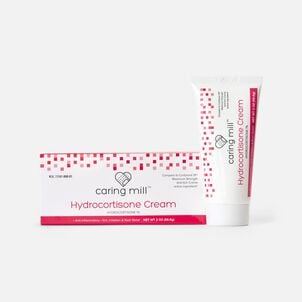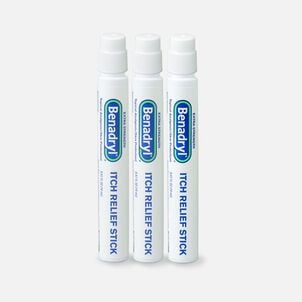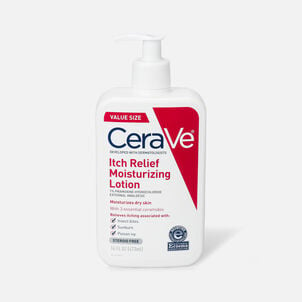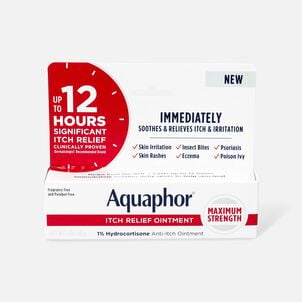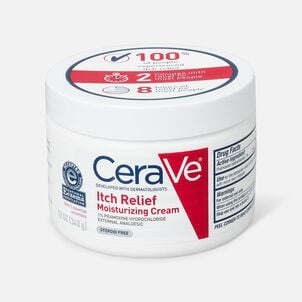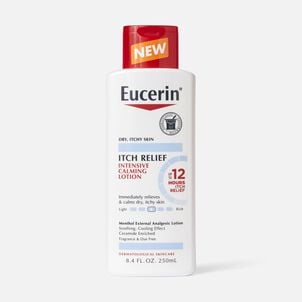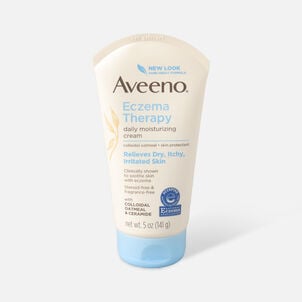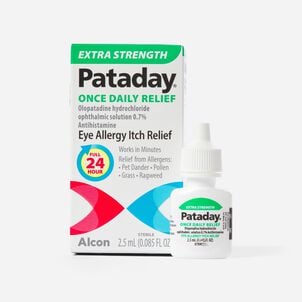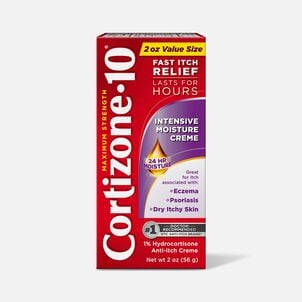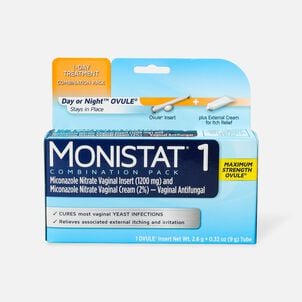The Complete HSA Eligibility List
Here it is — the most-comprehensive eligibility list available on the web. From A to Z, items and services deemed eligible for tax-free spending with your Flexible Spending Account (FSA), Health Savings Account (HSA), Health Reimbursement Arrangement (HRA) and more will be here, complete with details and requirements. Important Reminder: HSAs, FSAs, HRAs and other account types listed may not all be the same. Be sure to check with your administrator to confirm if something is eligible before making a purchase.
Here it is — the most-comprehensive eligibility list available on the web. From A to Z, items and services deemed eligible for tax-free spending with your Flexible Spending Account (FSA), Health Savings Account (HSA), Health Reimbursement Arrangement (HRA) and more will be here, complete with details and requirements. Important Reminder: FSAs, HRAs and other account types listed may not all be the same. Be sure to check with your administrator to confirm if something is eligible before making a purchase.
Anti-Itch Cream or Lotion: HSA Eligibility
Anti-Itch Cream or Lotion: eligible with a Health Savings Account (HSA)HSA Eligible Itch Relief
How does anti-itch cream work?
Anti-itch creams or lotions, also known as antipruritics, fall into the category of topical skin treatments that are used to relieve pain, itching, and discomfort caused by common skin conditions, insect bites, and other forms of environmental exposure. These products utilize a variety of active ingredients that treat itching, burning, and other skin maladies in their own unique ways (azcentral). Anti-itch creams or lotions typically utilize the following ingredients:
- Antihistamines: In topical form, antipruritics like Benadryl utilize antihistamines to block the formation of histamine in the body that causes itching from allergic reactions.
- Corticosteroids: The most common is hydrocortisone cream, which is designed to treat localized inflammatory reactions. This versatile product can treat itching, as well as alleviating the underlying inflammation that contributes to the ailment.
- Local Anesthetics: By utilizing a topical anesthetic and deadening the uppermost layers of the skin, topical anesthetics (such as Lanacane) ease the itching and discomfort by blocking specific nerve pathways in the skin to alleviate symptoms.
Anti-itch creams and lotions are used to treat a variety of skin conditions, such as eczema, dermatitis, allergies and rashes, as well as maladies that arise from environmental factors like sunburn, insect bites and poison ivy/sumac. However, if patients have a history of allergic reactions from topical products or are unsure of what type will work best for their skin condition, it may be best to check with a physician to develop the ideal treatment plan.
 |
| 

